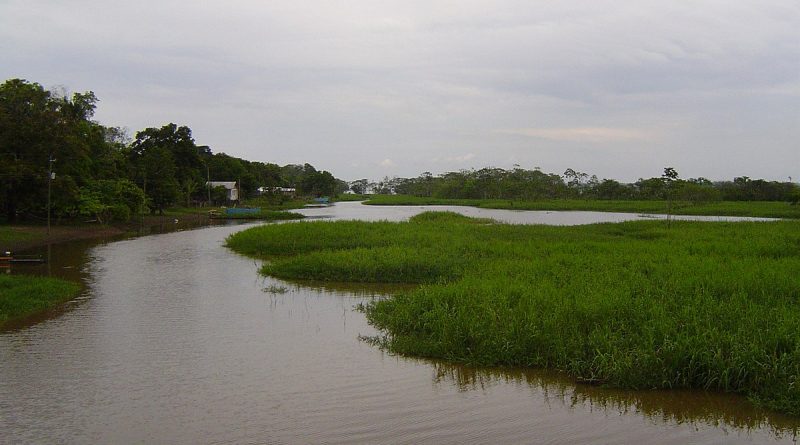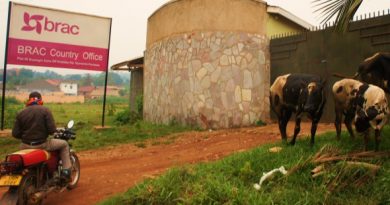Brazil Aims to Lead on Climate Issues After Lula Wins Presidency
Sofia A. Diaz
Staff Writer
Brazilian president-elect Luiz Ignacio Lula da Silva (Lula) spoke at the 2022 U.N. Climate Change Conference, or COP 27, in Egypt on November 16, pledging to take action in the Amazonian preservation, reports The Associated Press. A prominent environmental advocate and Lula’s former environmental minister, Marina Silva endorsed the president-elect as well, believing that he could be the change that the Brazilian people and the world need in its effort to combat climate change and preserve the biodiversity of the Amazon. Lula proposed an international alliance meant to practice forest management and biodiversity protection between the countries home to the largest rainforests in the world: The Democratic Republic of the Congo, Indonesia, and Brazil. The Associated Press further reports that he also pushed for next year’s international climate summit to be held in the Amazon, so “people who defend the Amazon and defend the climate get to know the region up close.”
Lula reminded wealthier countries about the $100 billion a year that was promised to developing countries to help adapt to the impacts of climate change at a climate conference in 2009, saying he wanted to “collect on what was promised.” As for domestic affairs, he plans to crack down on criminal activity in the Amazon, such as illegal mining and excessive logging. He also plans to meet with several Brazilian governors, including important rainforest states such as Amazonas and Para.
Brazil has long been criticized for its maintenance of the world’s largest contributor to oxygen (about 20 percent), the Amazon Rainforest. The Amazon itself is home to a plethora of biodiverse species of animals and indigenous tribes that have lived in the forest for thousands of years. It spans eight countries in South America, with Brazil claiming sovereignty over about two-thirds of the rainforest.
As the world’s largest tropical rainforest, the Amazon plays a key role in limiting the effects of climate change. Deforestation poses an enormous threat to global carbon dioxide levels, not just because of the decrease in trees producing oxygen, but also due to the release of stored carbon dioxide that occurs when trees die. According to Rolling Stone, one target of the 2015 Paris Agreement on climate change is to keep the overall warming of the planet below 1.5 degrees Celsius, or 34.7 degrees Fahrenheit. According to Al Jazeera, once deforestation hits 25 percent of its original coverage, “changes in the rainfall regime will permanently affect its ability to regenerate,” meaning the forest will be producing more carbon dioxide than it can absorb.
Brazil’s current president, Jair Bolsonaro, saw record-breaking rates of deforestation in the Amazon under his administration. Bolsonaro stripped enforcement measures, cut spending for science and environmental agencies, fired environmental experts, and pushed to weaken Indigenous land rights, among other policies largely in support of the agribusiness industry. The Atlantic reports that during COVID-19, deforestation rates were at an all-time high, having risen by 9.5 percent in just a few years. Bolsonaro had pledged to cut the country’s carbon emissions in half by 2030, but his absence at previous climate conferences as well as his deforestation policies made critics wary of his promises.
Brazil’s president-elect, Lula, has plans to address the climate crisis in Brazil and its global repercussions. Lula, who had previously served as president between 2003 and 2011, won the October elections, despite a recent corruption charge that was overturned by Brazil’s Supreme Federal Court. It was during his previous terms that the Amazon Rainforest experienced large reductions in deforestation rates, according to The Associated Press. Brazil saw its lowest recorded deforestation rates two years after he left office due in part to “improved enforcement of environmental laws and enhanced surveillance technology,” says The Atlantic.
According to Reuters, the new face of climate policy in a Brazil led by Lula has gained international attention. He has received many requests for bilateral meetings including United States Climate Envoy John Kerry, United Nations Secretary-General Antonio Guterres, and Egyptian President Abdel Fattah al-Sisi.
Image Courtesy of James Martins




